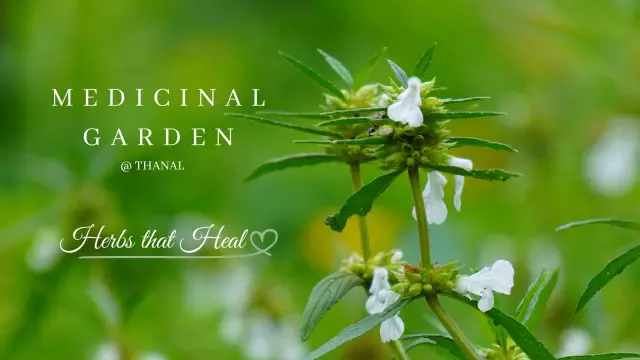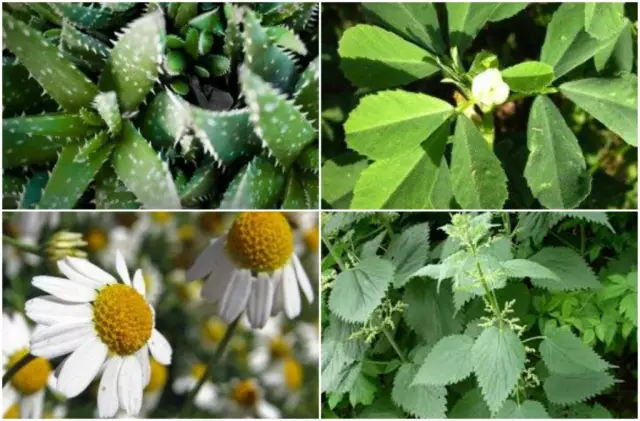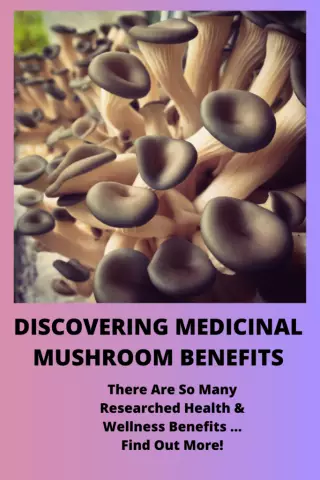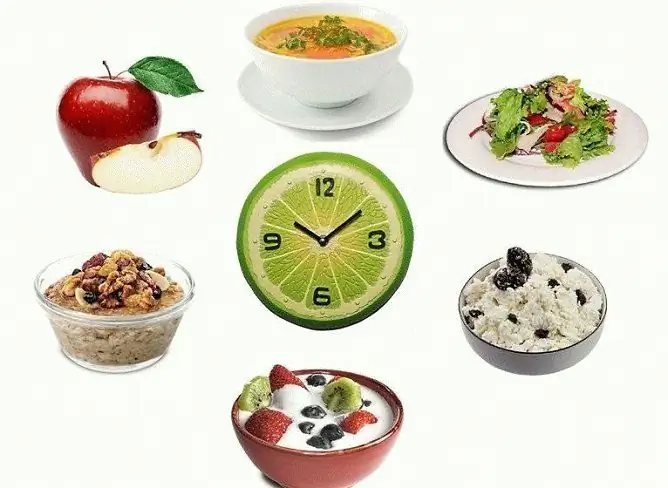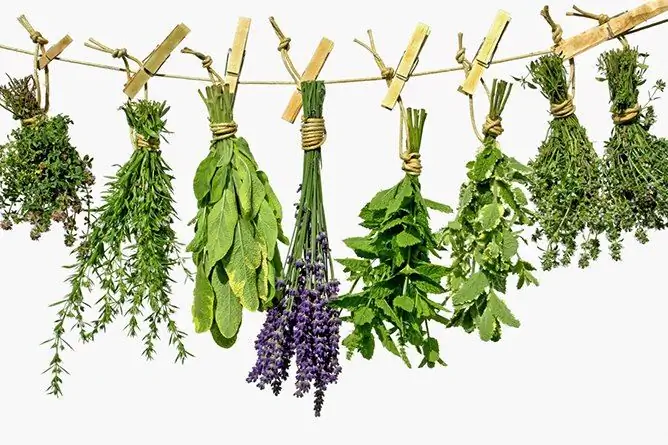- Author Rachel Wainwright wainwright@abchealthonline.com.
- Public 2023-12-15 07:39.
- Last modified 2025-11-02 20:14.
12 medicinal plants that can be harmful to health
It is widely believed among Russians that the use of plants with medicinal properties is completely safe. Unfortunately, this is not so. Making preparations from medicinal herbs at home, it is almost impossible to accurately determine the concentration of active ingredients. When taking such funds, small violations of the dosage accuracy are inevitable. In addition, many plants that are considered completely harmless, in fact, are not. They contain substances that, if used incorrectly, can cause serious harm to health.
Lemon melissa
Lemon balm preparations are an effective sedative. They help reduce anxiety, increase performance, improve memory and concentration. Lemon balm broth has a pleasant taste and lemon aroma, so many add dried leaves and stems to regular tea.
Uncontrolled use of lemon balm is fraught with serious health problems. The fragrant herb contains a toxic substance - citral. With regular consumption, it provokes the development of headaches, the appearance of dizziness, a feeling of heaviness and pressure in the temporo-frontal region, drowsiness and lethargy. Unpleasant phenomena, as a rule, appear after two to three weeks of daily intake of lemon balm preparations.
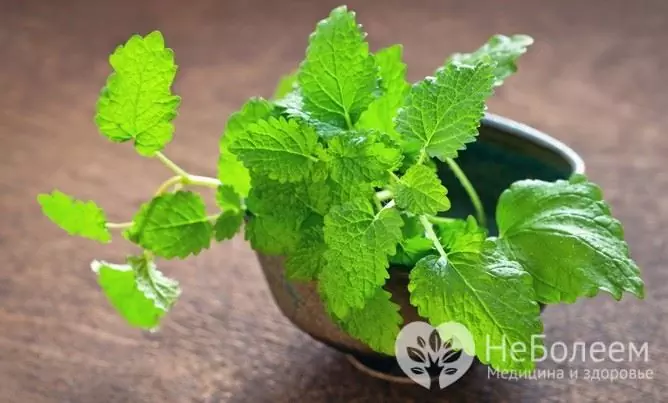
Source: depositphotos.com
pharmaceutical camomile
Chamomile herbs and flowers contain components that produce a powerful antiseptic effect. The plant is used as an anti-inflammatory, choleretic and antispasmodic agent.
However, chamomile also has properties that are hazardous to health. For example, it causes relaxation of smooth muscles, so chamomile preparations should not be taken by pregnant women and women suffering from severe monthly blood loss. One of the substances in the composition of pharmacy chamomile inhibits the absorption of iron compounds from the digestive tract into the blood, and prolonged intake of plant preparations can provoke the development of iron deficiency anemia.
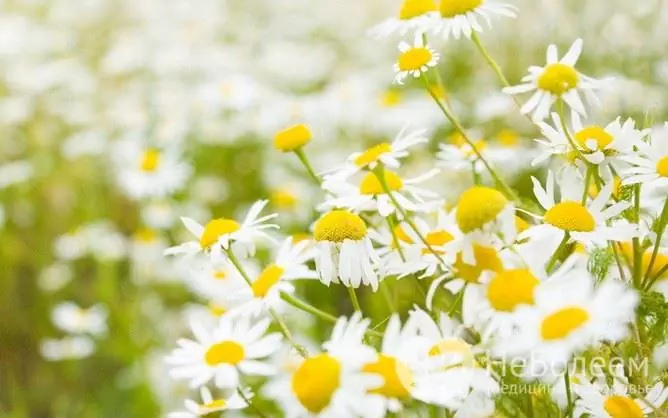
Source: depositphotos.com
Peppermint
Mint is one of the most popular medicinal herbs. It has an antispasmodic effect, lowers blood pressure, and helps with painful periods and intestinal colic. Menthol, which mint is rich in, is used to flavor food, perfumery and cosmetics, and household chemicals.
Many people like to drink mint tea, not knowing that excessive use of it negatively affects their well-being. An excessive amount of menthol depresses the respiratory center and reduces the intensity of heart contractions, which poses a danger to patients with bradycardia and bronchial asthma. Men, too, should be careful not to get carried away with mint tea: two or three glasses of the fragrant drink a day can cause erectile dysfunction.
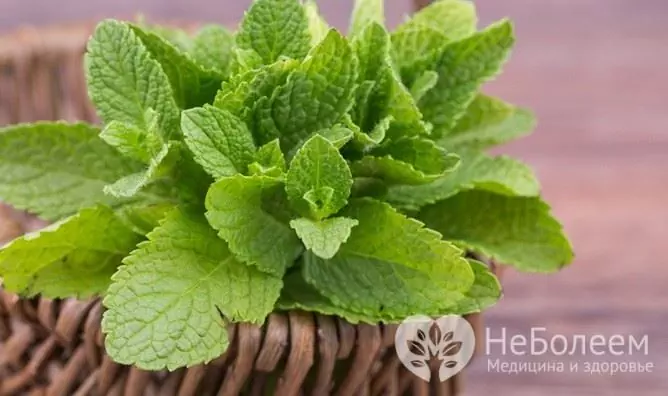
Source: depositphotos.com
St. John's wort
St. John's wort has a sedative and anti-spastic effect, as well as powerful anti-inflammatory properties, due to which it is used in the treatment of many diseases.
Violation of the doctor's recommended regimen of taking St. John's wort preparations is dangerous. Long-term (more than a month) consumption often ends in digestive problems: there is an obsessive feeling of bitterness in the mouth, pain in the liver, and constipation. Too high doses provoke the development of weakness and drowsiness, reduce the ability to concentrate. There is evidence that the use of St. John's wort preparations adversely affects the state of the male reproductive system.
St. John's wort contains substances that increase the sensitivity of human skin to ultraviolet radiation, therefore, when taking a decoction or infusion, direct sunlight should be avoided.
In addition, the plant is incompatible with many drugs, and therefore such combinations must be approved by the attending physician.
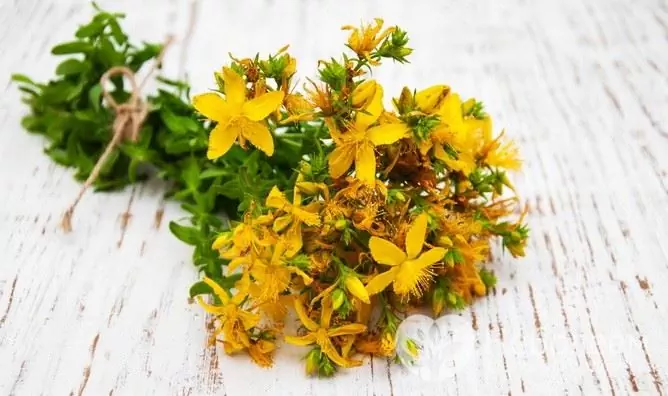
Source: depositphotos.com
Sagebrush
Wormwood is an ancient remedy for improving digestion and increasing appetite. The drugs in which it is included suppress pain syndrome, help with diseases of the female genital area.
In high doses, wormwood acts as a hallucinogen. It causes delusional visions and sometimes even seizures similar to epileptic ones. It is not for nothing that absinthe, which is an alcoholic tincture of this herb, is prohibited from producing and selling in many countries.
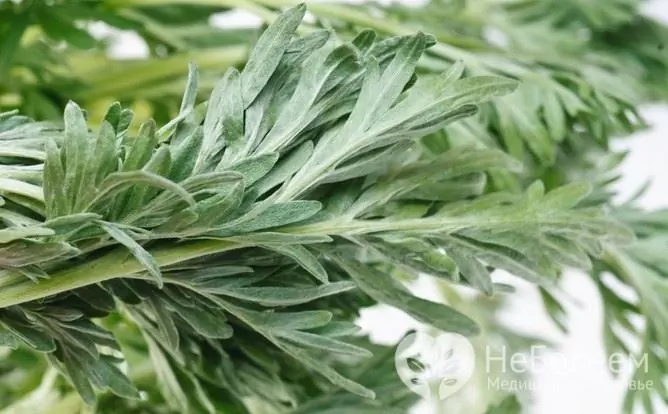
Source: depositphotos.com
Nettle
Widespread edible and medicinal plant. It has a choleretic, hemostatic, antiseptic and antitussive effect, it is used to treat many diseases, as well as a remedy that strengthens hair and enhances its growth.
However, nettle increases the tone of smooth muscles, therefore it is extremely dangerous for pregnant women and people with malignant tumors of the reproductive organs.
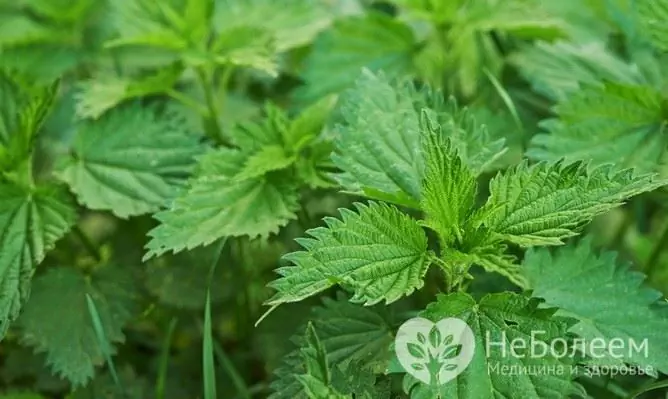
Source: depositphotos.com
Mother and stepmother
The preparations made from the leaves of coltsfoot are known for their powerful expectorant effect: they relieve almost all types of cough.
Mother-and-stepmother is not recommended to be used in the treatment of patients with hypertension and other cardiovascular diseases: it can increase blood pressure. The alkaloids contained in the grass, with prolonged use, provoke stagnation of blood in the liver, which is fraught with the development of a number of complications.
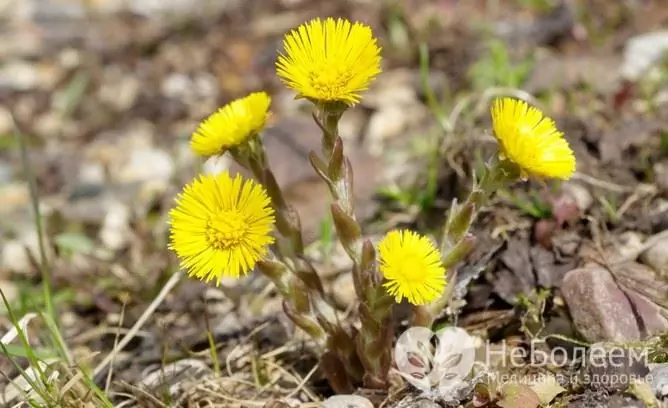
Source: depositphotos.com
Ginseng
One of the plants that have a tonic and immunostimulating effect. Ginseng preparations normalize metabolism, help with hypotension, obesity, the initial stages of diabetes mellitus, strengthen vision, and improve male reproductive health.
However, taking ginseng can adversely affect the condition of hypertensive patients, as well as people suffering from heart rhythm disturbances, epilepsy, insomnia and increased excitability. The product is not recommended for children under 12 years of age.
Substances that ginseng is rich in reduce blood viscosity. It is incompatible with most drugs.
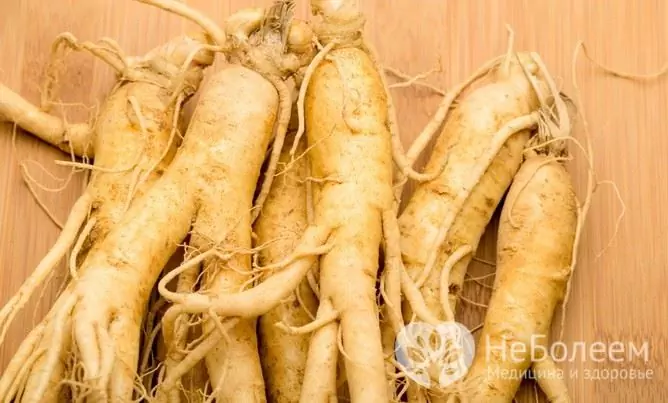
Source: depositphotos.com
Ginkgo biloba
A tropical plant, the leaves of which contain more than forty biologically active substances. Ginkgo preparations reduce blood viscosity, increase the elasticity of the vascular wall, have a tonic and rejuvenating effect. They are used for atherosclerosis, heart rhythm disturbances, bronchial asthma, memory loss, vision and hearing loss. Ginkgo biloba is considered indispensable in the prevention of acute vascular disorders (strokes and myocardial infarctions).
Ginkgo preparations should not be taken together with a number of medications (the combination with anticoagulants and anticonvulsants is especially dangerous). If the dosage is exceeded, they can provoke bleeding. Ginkgo should not be consumed during pregnancy and in preparation for surgery.
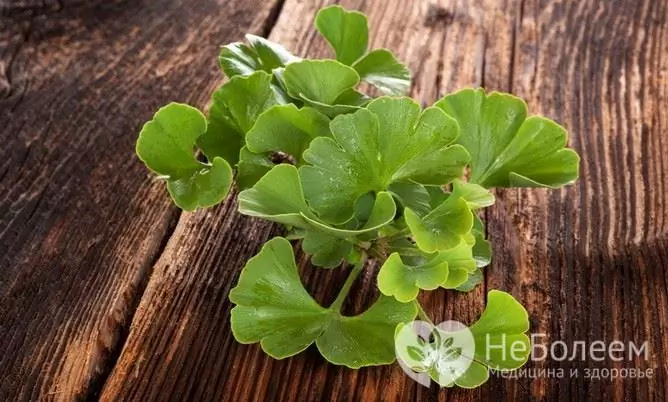
Source: depositphotos.com
Valerian
This is one of the most common sedatives. Valerian tinctures, decoctions and tablets help with insomnia, migraines, asthma, angina pectoris. They are prescribed for the treatment of Graves' disease, esophageal spasms, liver and biliary tract diseases.
Despite the seeming harmlessness, valerian preparations require precise dosage and careful adherence to the regimen. For insomnia, they have a beneficial effect only at the beginning of treatment. As soon as sleep improves, taking valerian should be stopped. Otherwise, sleep disturbances may not just recur, but worsen.
Valerian cannot be combined with alcohol, many pharmaceutical preparations, St. John's wort. Decoctions and tinctures of the herb should not be used in preparation for surgical operations: valerian weakens the effect of anesthesia.
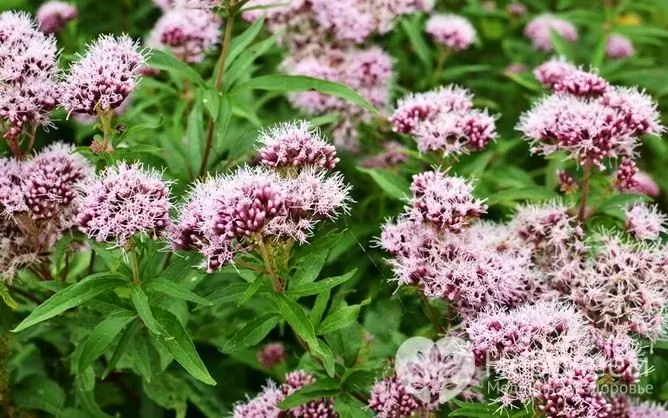
Source: depositphotos.com
Echinacea (rudbeckia)
Echinacea is the strongest immunomodulator. Preparations with its content activate the body's defenses, increase the tone, have an antibacterial and antiviral effect. They are used for ARVI and influenza, stomatitis, herpes, poorly healing wounds, burns and bedsores. Echinacea relieves the condition of patients who have undergone chemotherapy or long-term antibiotic treatment, and is effective in severe poisoning.
The plant is incompatible with antifungal agents: the combination causes liver intoxication. Echinacea should not be used for HIV infection, tuberculosis and autoimmune diseases (collagenosis, rheumatoid arthritis, multiple sclerosis, etc.).
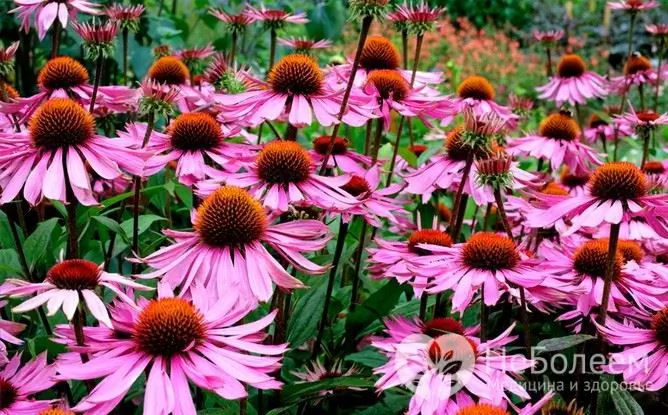
Source: depositphotos.com
Donnik
Sweet clover has a unique set of properties that allows it to be used in the treatment of many ailments. Preparations with its content are considered powerful antiseptics. They relieve pain, improve blood composition, help with colds and bronchitis, stabilize the nervous system, weaken asthma attacks, improve heart function and vascular health. Sweet clover is used to normalize hormonal levels in women during menopause and with menstrual irregularities, as well as to enhance lactation in nursing mothers.
The use of melilot preparations also has contraindications. They should not be used for hypertension and low blood clotting. In pregnant women, taking sweet clover can provoke bleeding. In case of violations of the dosage, poisoning is possible, manifested by nausea, vomiting, diarrhea, dizziness, heart palpitations, drowsiness. Allergic reactions are not excluded, often in the form of skin rashes.
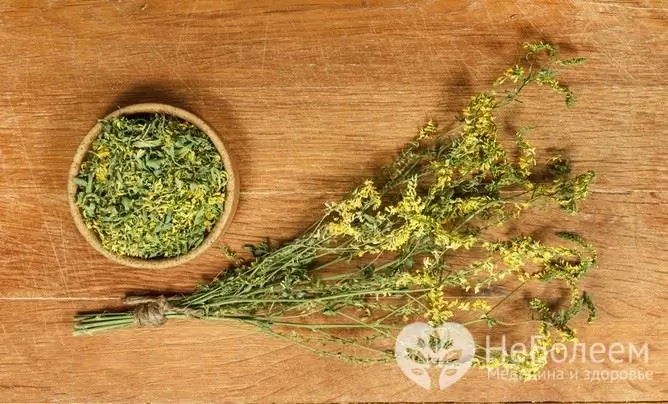
Source: depositphotos.com
Preparations made from medicinal plants are potent. They should be used with caution, after consulting a doctor and strictly adhering to the prescribed dosage. People suffering from chronic diseases and taking pharmacy medicines should be especially careful. Pharmaceutical preparations and herbal preparations are often incompatible, the result of their combination can be a deterioration, sometimes life-threatening.
YouTube video related to the article:

Maria Kulkes Medical journalist About the author
Education: First Moscow State Medical University named after I. M. Sechenov, specialty "General Medicine".
Found a mistake in the text? Select it and press Ctrl + Enter.

